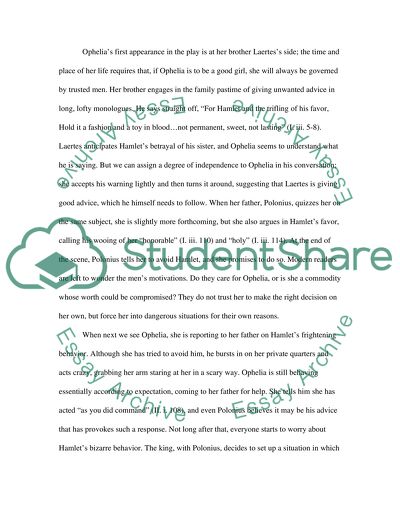Cite this document
(“The Betrayal in Hamlet Essay Example | Topics and Well Written Essays - 2500 words”, n.d.)
The Betrayal in Hamlet Essay Example | Topics and Well Written Essays - 2500 words. Retrieved from https://studentshare.org/miscellaneous/1506485-the-betrayal-in-hamlet
The Betrayal in Hamlet Essay Example | Topics and Well Written Essays - 2500 words. Retrieved from https://studentshare.org/miscellaneous/1506485-the-betrayal-in-hamlet
(The Betrayal in Hamlet Essay Example | Topics and Well Written Essays - 2500 Words)
The Betrayal in Hamlet Essay Example | Topics and Well Written Essays - 2500 Words. https://studentshare.org/miscellaneous/1506485-the-betrayal-in-hamlet.
The Betrayal in Hamlet Essay Example | Topics and Well Written Essays - 2500 Words. https://studentshare.org/miscellaneous/1506485-the-betrayal-in-hamlet.
“The Betrayal in Hamlet Essay Example | Topics and Well Written Essays - 2500 Words”, n.d. https://studentshare.org/miscellaneous/1506485-the-betrayal-in-hamlet.


